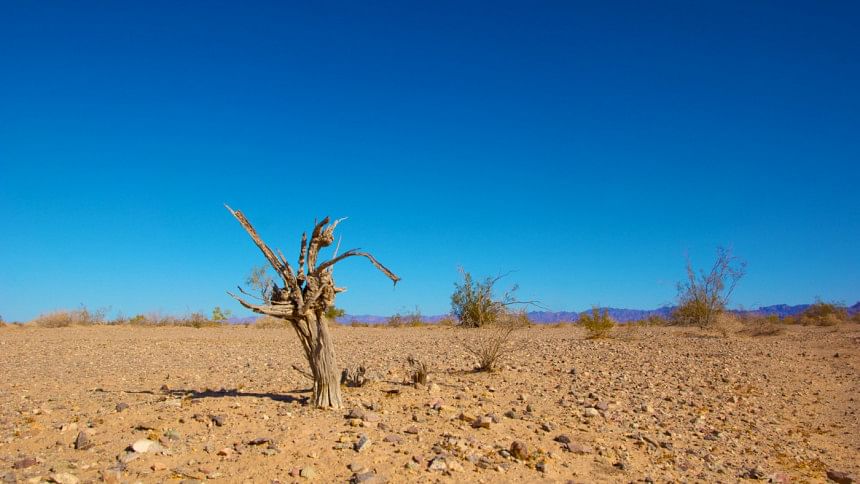Scorched rail tracks, melting museum and global warming

The naysayers and nonbelievers of global warming are mum as the scorching heat waves paint nations red hot worldwide. Last week, the waves of heat have been high enough to deform and melt infrastructures as millions of citizens of the world are suffering through the rise of the searing temperature.
So how hot has it been, exactly? Well...
To put things into perspective, you can fry slices of meat in a frying pan under the Texas sun. That being said, the sweltering conditions, as of late, have also raised awareness of ageing infrastructures worldwide, most of which are roads, bridges, railroads, and buildings.
For example:
The home of Big Ben, United Kingdom, witnessed its hottest day on record when temperatures breached 40 degrees Celsius. The temperature was hot enough to melt the runway of London Luton Airport on the capital's outskirts that it had to be closed off.
Over this incident, the airport tweeted, "Flights are temporarily suspended to allow for an essential runway repair after high surface temperatures caused a small section to lift."
In another heat wave incident, rail tracks have also been scorched to a point where they have started to expand and crack. As a countermeasure, they have painted them white in London.
UK's Network Rail tweeted, "The rail temperature here is over 48 degrees Celsius (118 degrees Fahrenheit) so we are painting the rails white to prevent them from getting hotter." They also added that by painting the rails white, they absorb less heat and expand less. This results in reducing delays during hot weather.
In the eastern part of the world, a heat wave has engulfed half of China, affecting almost a billion people -- or about 64 percent of the population. The heat wave affected 84 cities forcing them to issue their highest-level red alerts last week.
The roof of the Forbidden City Cultural Relics Museum melted due to high heat in one of the cities with a red alert, Chongqing. In addition to that, the heat dissolved the underlying tar, causing the traditional Chinese tiles to pop off.
In such dire times, one can only do what is sane. Plant more trees, preserve more water bodies and reduces one's carbon footprint.

 For all latest news, follow The Daily Star's Google News channel.
For all latest news, follow The Daily Star's Google News channel. 









Comments